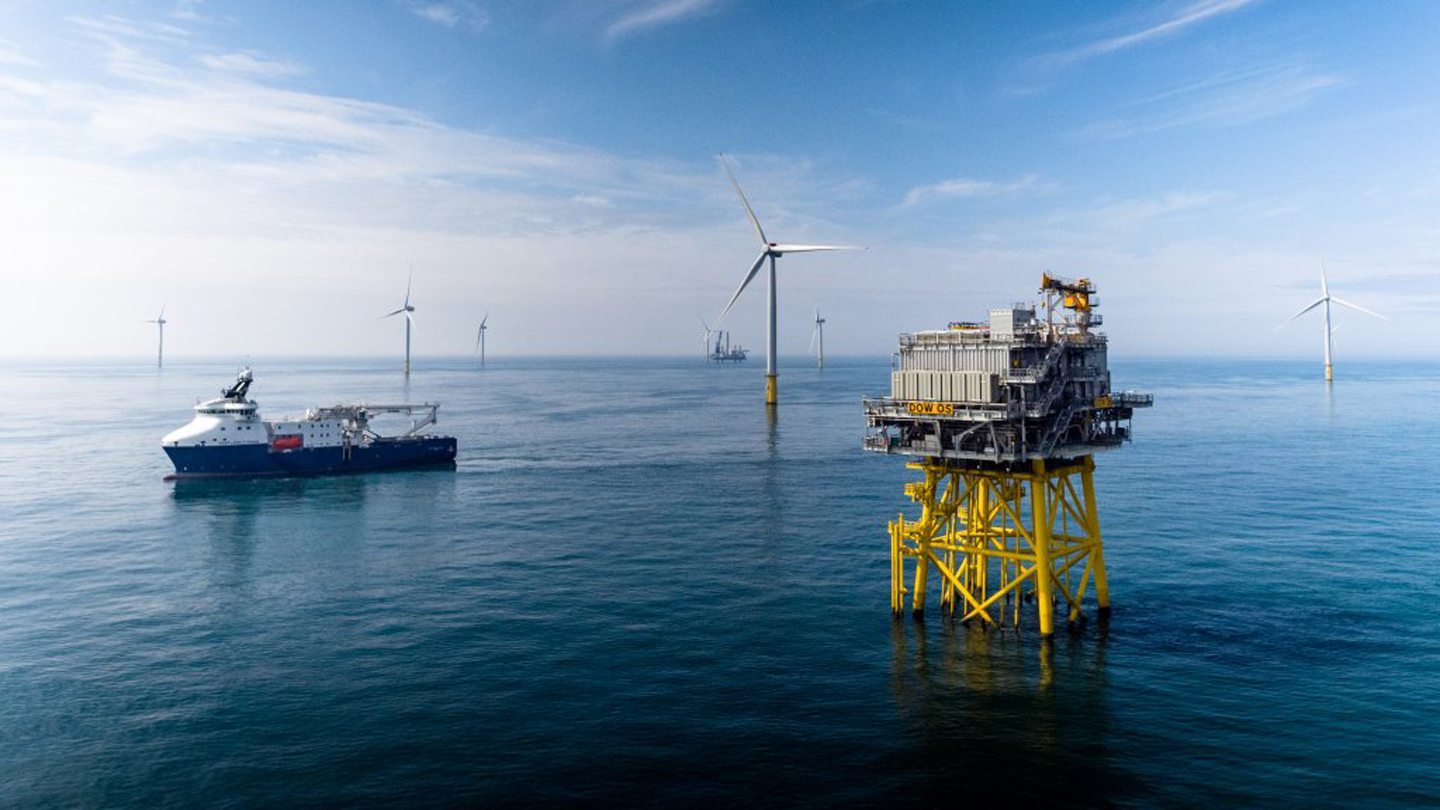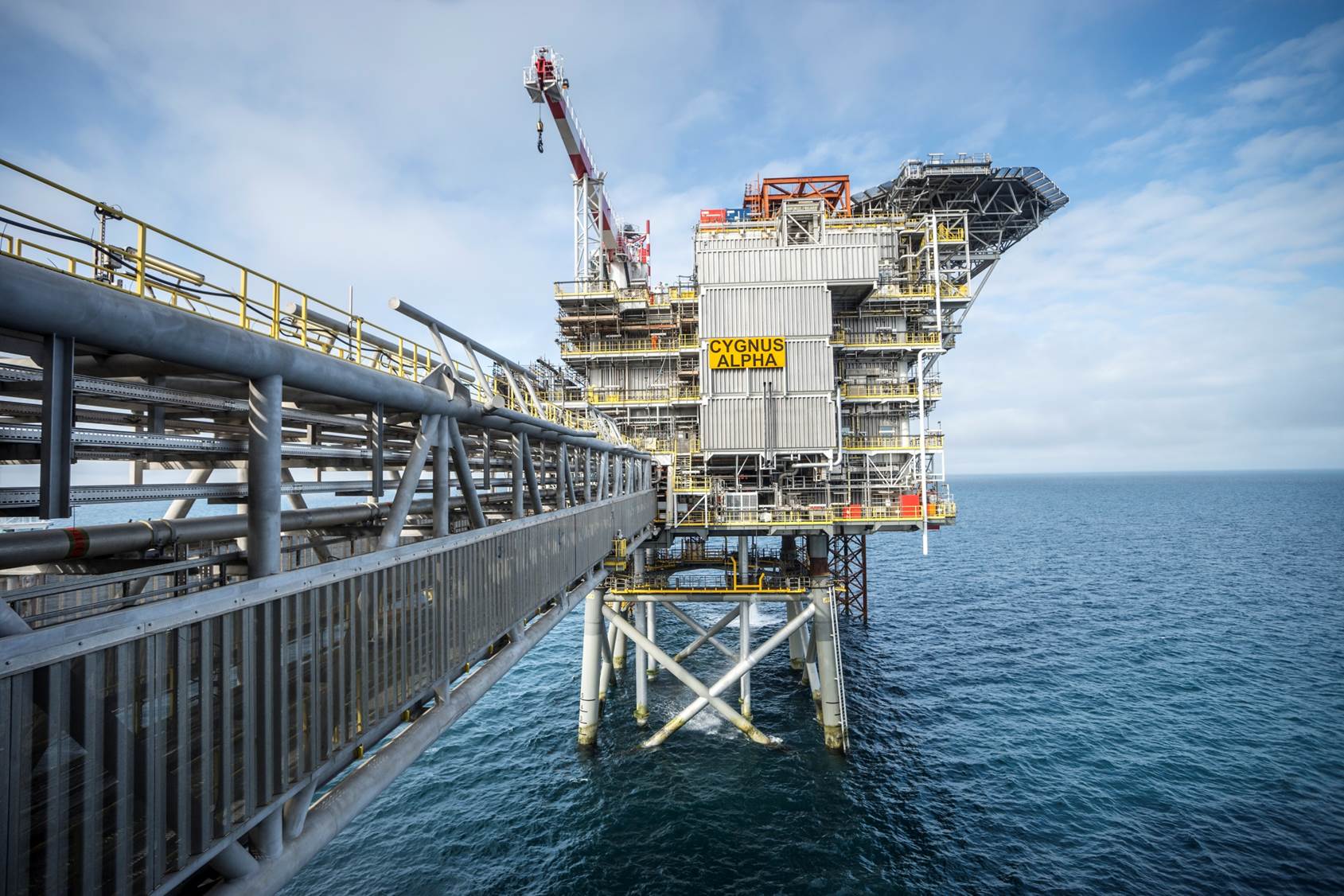The North Sea Transition Authority (NSTA) has launched a brand new clause for oil and gasoline licences which overlap with offshore wind leases.
The NSTA introduced the modifications because it introduced the licence award winners within the third tranche of its thirty third Licensing Spherical.
The majority of the licences introduced are positioned within the Southern North Sea, resulting in criticism from environmental campaigners involved that oil and gasoline exploration may conflict with offshore wind initiatives.
The NSTA mentioned following discussions with The Crown Property and Crown Property Scotland, the regulator would introduce the clause “to resolve spatial overlaps and to help co-existence of those vital industries”.
A spokesperson for the NSTA mentioned: “The granting of an exploration licence doesn’t remove using that space for offshore wind, and we wholly help using offshore wind as a way of energy technology.”
The NSTA mentioned the brand new co-location clause signifies that oil and gasoline operators might want to attain settlement with wind lease holders on how one can proceed earlier than permission for any exploration exercise is granted.
“It’s potential for various actions to happen in the identical areas by means of early engagement and coordination, cautious sequencing of actions, and deployment of particular know-how,” the spokesperson mentioned.
UK ought to ‘prioritise offshore wind over oil and gasoline’
Following the announcement by the NSTA, RenewableUK chief govt Dan McGrail mentioned the UK ought to prioritise offshore wind growth over oil and gasoline exploration.
“While we welcome the efforts of the North Sea Transition Authority, The Crown Property and Crown Property Scotland to work collectively on reforming the foundations governing oil and gasoline co-location with offshore wind farms, we’d like a lot larger prioritisation of renewables over oil and gasoline in spatial planning,” Mr McGrail mentioned.
“Offshore wind goes to be the spine of our future system, not fossil fuels.
“Prioritising offshore wind over oil and gasoline isn’t simply the best alternative for the planet, however given renewables are the bottom value technique of producing energy, we ought to be doing this for billpayers.”
The choice to difficulty new licences in the identical neighborhood as offshore wind zones was additionally criticised by environmental marketing campaign teams Greenpeace and Uplift.
Offshore wind may ‘greenwash’ fossil fuels
Whereas the presence of close by offshore wind farms may assist the offshore oil and gasoline cut back its emissions, the 2 marketing campaign teams mentioned it could be counterproductive to local weather efforts.
Greenpeace UK coverage director Doug Parr informed The Guardian that utilizing offshore wind to energy oil and gasoline operations is like “utilizing a nicotine patch to roll a cigarette”.
“It’s onerous to consider a worse use of fresh electrical energy from windfarms than powering the soiled trade that’s driving the local weather disaster,” Mr Parr mentioned.
“Many of the planet-heating emissions from oil and gasoline rigs come from burning the polluting fuels, not extracting them.
“At finest, it will make a small dent within the carbon footprint of some oil corporations’ operations. However extra doubtless than not, it would find yourself greenwashing the fossil gas trade’s picture simply as the federal government retains attempting to increase extraction towards the recommendation of main scientists and consultants.”
New licences a ‘pipedream’ for power safety
In the meantime, Uplift govt director Tessa Khan criticised the issuing of latest North Sea licences as a “pipedream” for power safety.
Ms Khan mentioned the UK authorities is “clearly out of concepts”.
“This licensing spherical, which was first introduced below Liz Truss’ authorities, is prone to end in little or no oil and gasoline reaching the UK,” Ms Khan mentioned.
“Within the final 13 years below the Conservatives, lots of of latest licences have been issued, which have produced simply 16 days value of additional gasoline.
“This isn’t an power technique, it’s a pipedream.”
Ms Khan additionally mentioned plans to make use of wind power to energy oil and gasoline rigs, such because the INTOG leasing spherical, will divert renewable power from properties and ship the UK “backwards when it comes to power safety”.
“Regardless of all of the warnings that opening new oil and gasoline fields will push us previous secure local weather limits, Rishi Sunak has chosen to push new drilling as a part of his pitch to voters,” Ms Khan mentioned.
“Not like extra renewables and insulating properties, it would do nothing to decrease power payments, it simply boosts the income of oil and gasoline corporations.”
New licences give confidence to subsea sector
The issuing of latest licences and the introduction of the co-location clause acquired a hotter welcome from the offshore sector.
World Underwater Hub chief govt Neil Gordon mentioned sustaining UK oil and gasoline exploration and manufacturing alongside offshore renewables is “essential” for UK power safety and web zero efforts.
“We also needs to keep in mind that oil and gasoline is utilised for a lot of extra functions than only a supply of energy, together with within the manufacture of client items, tools, parts and merchandise, underscoring its financial and societal significance,” Mr Gordon mentioned.
Mr Gordon mentioned the NSTA announcement supplies “confidence to the subsea sector as it would assist maintain venture exercise and help the provision chain by means of this era of evolution”.
“The oil and gasoline sector has made nice strides to scale back emissions, not least by means of the proactive INTOG leasing spherical the place co-located wind generators would energy offshore installations.
“Including a clause to those new licences to encourage oil and gasoline operators and offshore wind builders to work collectively is extraordinarily constructive and additional demonstrates how these vital sectors can co-exist.
“Our underwater trade provide chain stands able to help the supply of those new initiatives.”
OEUK welcomes co-location clause
Commerce affiliation Offshore Energies UK (OEUK) additionally welcomed the issuing of latest licences and the introduction of a co-location clause.
OEUK chief govt David Whitehouse mentioned the trade wants the churn of latest licences to help “an orderly transition that helps jobs and communities throughout the nation and meets our power wants”.
“All of us recognise that our power combine should change, and our sector is ramping up renewables and accelerating the drive to web zero,” Mr Whitehouse mentioned.
“However this journey will take time.”
Co-location of offshore industries together with oil and gasoline, offshore wind, carbon seize and fishing has been a difficulty weighing on the regulators’ minds for years.
The subject is addressed by means of boards comparable to these ran by the Crown Property.
Nevertheless a report from the NSTA final yr discovered full co-location of carbon storage websites with wind farms is in lots of circumstances “inconceivable”.
Advisable for you



 © Equipped by SSE
© Equipped by SSE © Neptune Vitality
© Neptune Vitality © Uplift
© Uplift © Equipped by GUH
© Equipped by GUH